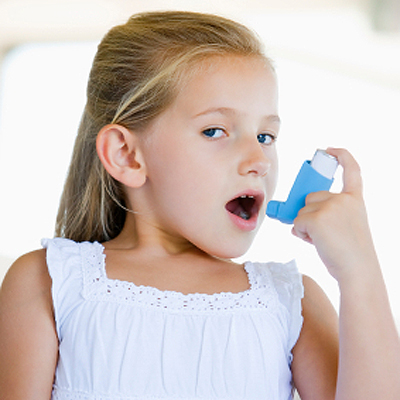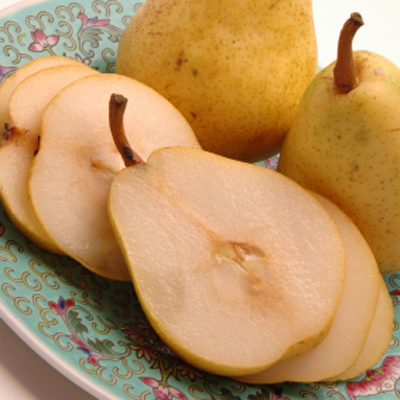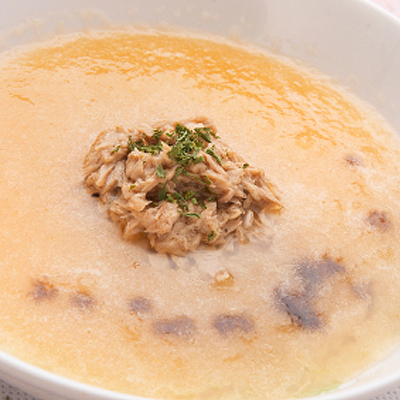Family Care
Asthma
Stepping into the autumn season is also the peak of asthma relapse, with the highly air pollution index, dry north wind, cold weather, influenza, and viral effects, making children vulnerable to catch cold. According to Hong Kong research data show that about 15% -20% of children had asthma symptoms, but the most common age of onset ranged from 2 to 3 years old or above. Parents has young children with asthma should avoid contact with allergens.
Asthma is a common chronic inflammatory disease of the airways characterized by variable and recurring symptoms, when breathing in; air will be circulated in the lungs through the cartilaginous passageways. The lung is like an air bag with treelike bronchi and bronchioles that help absorb oxygen in the air to sustain life, while the carbon dioxide excreted. If suffering from asthma, in fact, was due to bronchial constriction which the air can not be smoothly let out from the lungs, when this situation occur, the child will have wheezing (when breathing, sound coming out from the chest), chest tightness, chronic cough and shortness of breath feeling.
2 main points for asthma
1. Sensitive asthma - common in infants, partly inherited, patients or family members has many other allergic diseases such as allergic rhinitis, eczema and skin allergies and so on. 2. Endogenous asthma - often in adults, the majority of infections induced by viruses or bacteria, usually related to genetic and allergies.
Factors that trigger asthma
Asthma triggered by one or a number of factors, but sometimes the disease and for no apparent reason, the following factors are the most common ︰ 1. Viral infections such as colds and influenza. 2. Allergies such as pollen, mold, dust mites, pets and other sensitive chemicals. 3. Cigarettes, incense and dust and other irritants. 4. Weather and temperature changes, such as access to air-conditioned room. 5. Emotional or depressed. 6. Strenuous exercise.
How to deal with asthma
1. Always carry asthma medication at any time (oral or nasal spray prescription-type). 2. Parents should remain calm; they can take their children to a quiet and well ventilated place for rest. 3. Allows the child to lie on a pillow. 4. Give plenty of warm water for the child to drink. 5. Taken according to doctor's instructions for additional bronchodilator, metered dose inhaler are generally the most direct and effective. 6. If the child had taken extra doses of asthma and is still have breathing difficulties, they should immediately bring patients to the nearest clinic or emergency department.
How to prevent asthma
1. Do moderate exercise about 20-30 minutes a day, such as walking, swimming and so on. 2. Keep home environment fresh and clean, reducing mold and dust raise and breed. 3. Do regular cleaning of the house. 4. Maintain ideal humidity. 5. If there are pet in the house, they should be properly pamper and clean. 6. Should avoid going out if poor air environment. 7. Do not smoke in front of the patient. 8. Pay attention to nutritional balance, and avoid allergic food that may cause reaction.
|
|

















